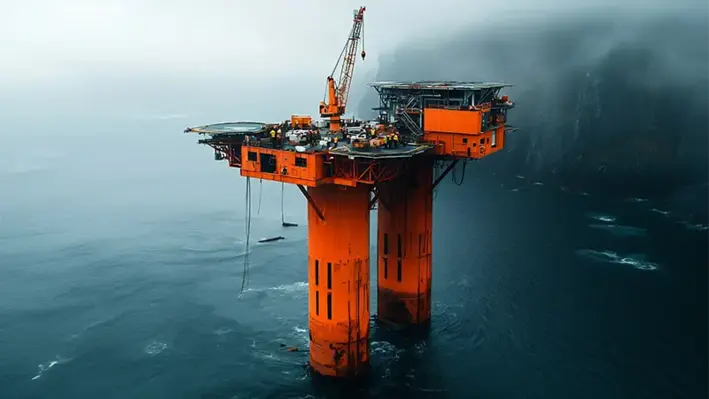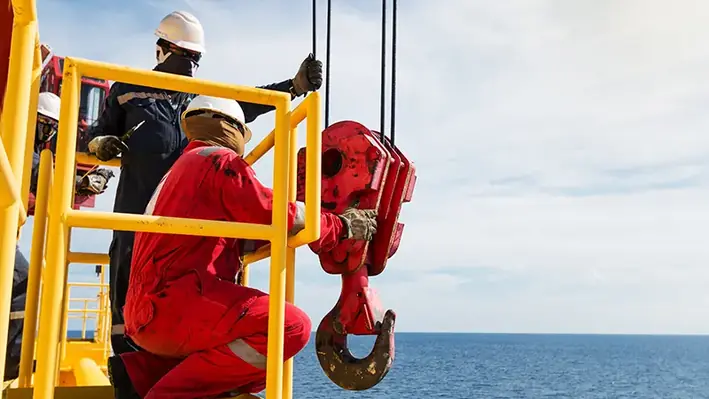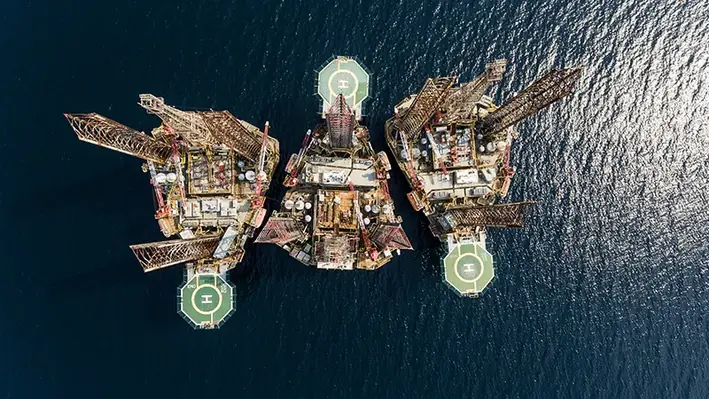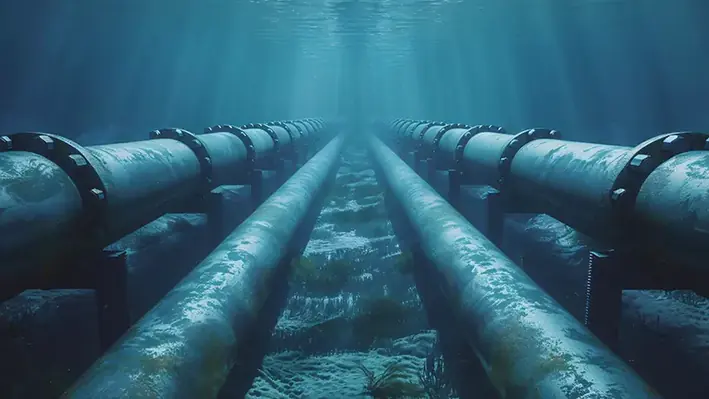
Australia’s total decommissioning liability is estimated at around US$40.5bn, with the region’s disposal industries, although being well placed, possess some critical knowledge gaps that urgently need addressing.
According to a report by CODA, a scenario mapping exercise based on the Strengths, Weaknesses, Opportunities Threats (SWOT) analysis was performed. From the analysis, the following potential disposal solutions were found to be ideal:
- A complete abroad disposal which includes the three main processes— dismantling, processing and recycling.
- Dismantling can be performed domestically, while the processing and recycling processes are shared, but majorly executed abroad.
- Dismantling can be performed domestically, while the processing and recycling processes are shared, but majorly executed domestically.
- A complete domestic disposal.
With the presence of an efficient domestic recycling industry and concrete recycling market, the waste management and recycling phase of Australia’s offshore decommissioning seems to be on track. However, a number of negative factors have resulted in the preference of abroad disposal over domestic disposal:
- Lack of domestic infrastructures: Limited specialised facilities for dismantling and recycling offshore oil and gas structures.
- Cost efficiency: Decommissioning and disposal and comparatively cheaper in southeast Asian countries ship-breaking yards and metal recycling industries are far more established when compared to Australia.
- Environmental regulations and waste management laws: Australia has stricter laws for disposal compared to other countries.
- Lack of specialised expertise: A limited local availability of expertise and required technologies makes the disposal process less efficient when performed domestically.
- Lack of market demand: Valuable metals like steel and copper than constitute a majority of offshore platforms can be more efficiently recycled in countries that possess large-scale metal recycling industries.
By working towards enhancing domestic disposal capabilities, Australia can not only reap economic and environmental benefits, but also promote technology and infrastructure development and adhere more strongly to local laws. This in turn helps in building public trust and reputation, thereby giving Australia a chance to position itself as a leader in sustainable offshore decommissioning.




